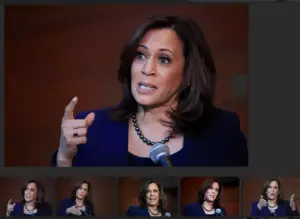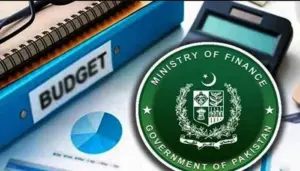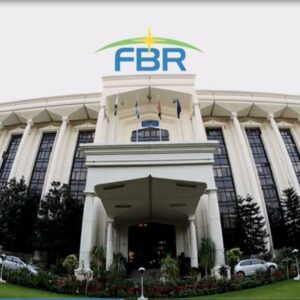Constitutional, legal complications in the way of early elections, Fafan says

Elections postponed in two constituencies of Sargodha
KARACHI, April 5,2022- (News Desk) There are constitutional and legal complications in the way of early elections, says Free and Fair Election Network (FAFEN).
Election Commission members from Punjab and Khyber Pakhtunkhwa are yet to be appointed. While low voter registration is also a major issue.
According to the details, FAFEN has expressed serious concerns over the current political situation in Pakistan and the constitutional crisis and has pointed out a number of constitutional, legal and operational challenges in holding early elections.
The final decision on the steps taken to dissolve the National Assembly is to be taken by the Supreme Court.
Free and Fair Election Network is a network of 35 domestic civil society organizations working together to foster democratic accountabilities, good governance and improved parliamentary and electoral processes in Pakistan since 2006
FAFEN hopes the Supreme Court will rule on the matter soon, as delays in the decision could lead to a constitutional deadlock. In the current situation, political parties also have a huge responsibility to control their workers so that political differences do not turn into violent incidents.
Speaker cannot reject no-confidence motion by citing Article 5, Chief Justice
PTI nominates Justice (retd) Gulzar Ahmed for caretaker PM
National Assembly: Opposition meets, 195 votes in favor of no-confidence
According to Fafen, there are many constitutional and legal complications in the way of early elections.
The biggest issue regarding the legitimacy of any election is the completeness of the Election Commission. While members of Election Commission from Punjab and Khyber Pakhtunkhwa are yet to be appointed.
After the dissolution of the National Assembly, the appointment of members of the Election Commission in the caretaker government under Article 213 (2b) of the Constitution is unclear as it requires the Prime Minister and the Leader of the Opposition to start the appointment process. A special committee is formed.
Another constitutional and legal issue is that the current delimitation of the National and Provincial Assemblies is based on the by-results of the 2017 census. Similarly, the implementation of the recent amendments to the Elections Act, 2017, which deals with the use of EVMs, is also unclear.
Less registration of women as voters is also a major issue. About 113.7 million women are still unregistered as voters.
If elections are called within three months, then under Section 39 of the Elections Act, the electoral rolls have to be frozen 30 days before the announcement of the election program. In this way, millions of women will be deprived of the right to vote.





